Strategizing on how/where to save money on our farmhouse design/build
golden2smith
6 years ago
Featured Answer
Sort by:Oldest
Comments (28)
8 mpg
6 years agogolden2smith
6 years agoRelated Professionals
San Angelo Architects & Building Designers · Westminster Architects & Building Designers · Ronkonkoma Architects & Building Designers · Syracuse Home Builders · Tustin Home Builders · Valley Stream Home Builders · Asheboro General Contractors · Binghamton General Contractors · Chowchilla General Contractors · Conway General Contractors · Gainesville General Contractors · Groveton General Contractors · Midlothian General Contractors · Muskogee General Contractors · New Carrollton General Contractorscpartist
6 years agolast modified: 6 years agoDLM2000-GW
6 years agomushcreek
6 years agoArchitectrunnerguy
6 years agolast modified: 6 years agoDLM2000-GW
6 years agoCharles Ross Homes
6 years agoHolly Stockley
6 years agocpartist
6 years ago8 mpg
6 years agocpartist
6 years agoMark Bischak, Architect
6 years agocpartist
6 years agoartemis_ma
6 years agolast modified: 6 years agoVirgil Carter Fine Art
6 years agoartemis_ma
6 years agoBT
6 years agolast modified: 6 years agoMark Bischak, Architect
6 years agoarialvetica
6 years agoVirgil Carter Fine Art
6 years agoarialvetica
6 years agobry911
6 years agoVirgil Carter Fine Art
6 years agomushcreek
6 years agomrspete
6 years agolast modified: 6 years agoHolly Stockley
6 years ago
Related Stories
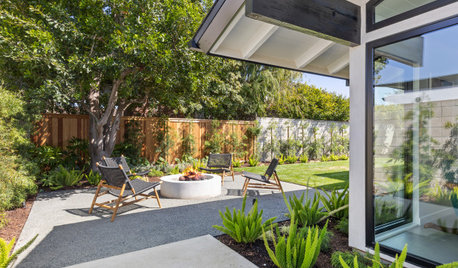
LANDSCAPE DESIGNWhere to Save Money on a Landscape Renovation
These 10 cost-saving ideas from professionals can help you stretch your budget without sacrificing style or quality
Full Story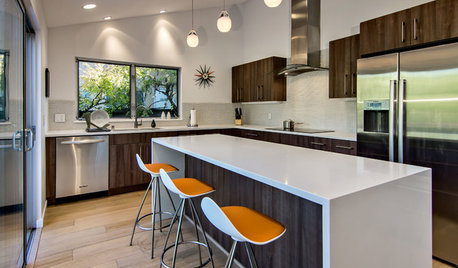
REMODELING GUIDESWhere to Splurge, Where to Save in Your Remodel
Learn how to balance your budget and set priorities to get the home features you want with the least compromise
Full Story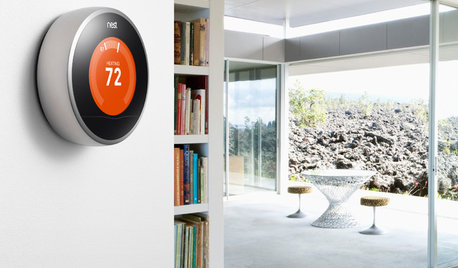
GREEN BUILDINGEasy Ways to Save Money on Energy Bills This Winter
Simple changes can cut down your electric and gas bills as the days get colder
Full Story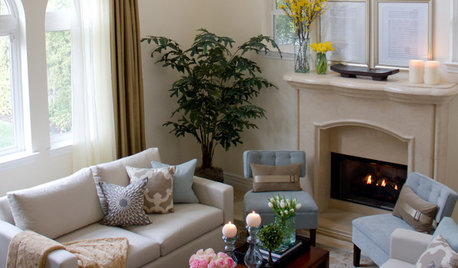
SELLING YOUR HOUSESave Money on Home Staging and Still Sell Faster
Spend only where it matters on home staging to keep money in your pocket and buyers lined up
Full Story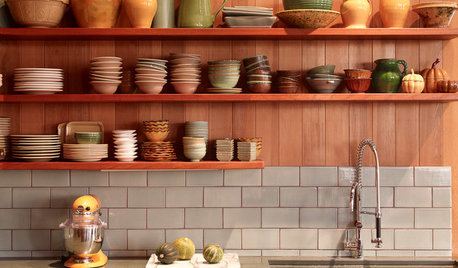
KITCHEN CABINETS9 Ways to Save Money on Kitchen Cabinets
Hold on to more dough without sacrificing style with these cost-saving tips
Full Story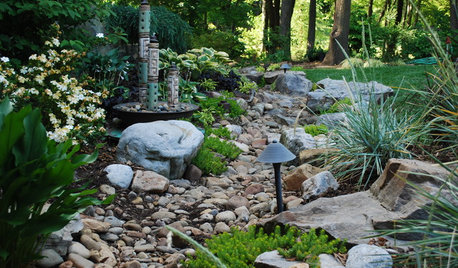
LANDSCAPE DESIGNSave Your Budget With These 4 Landscape Design Strategies
Understanding your soil, your plants and your site can help you save money and reap big rewards
Full Story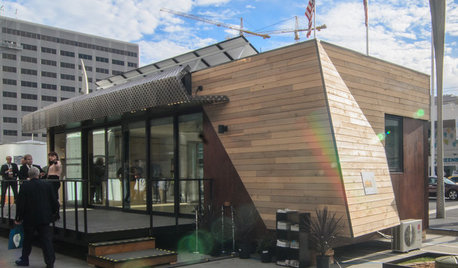
GREEN BUILDINGMeet a New Resource-Saving Prefab Design
Energy efficiency and a resourceful layout combine with ecofriendly materials in this noteworthy prototype for modular homes
Full Story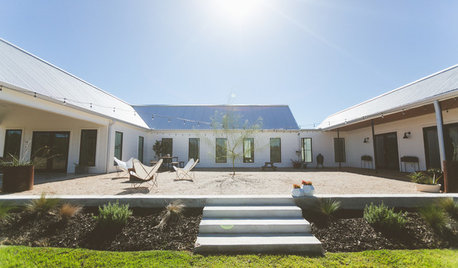
HOUZZ TOURSMy Houzz: Couple Build Their Dream Modern-Farmhouse-Style Home
A Texas interior designer and her family combine reclaimed wood, polished concrete, built-ins and vintage pieces in their new house
Full Story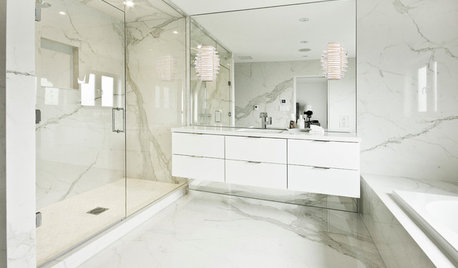
DECORATING GUIDESLook-Alikes That Save Money Without Skimping on Style
Whether in woodwork, flooring, wall treatments or tile, you can get a luxe effect while spending less
Full Story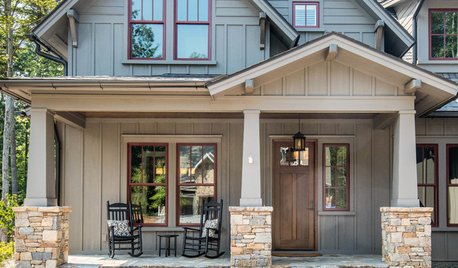
WORKING WITH PROS11 Questions to Ask an Architect or a Building Designer
Before you make your hiring decision, ask these questions to find the right home design pro for your project
Full Story






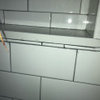

Charles Ross Homes